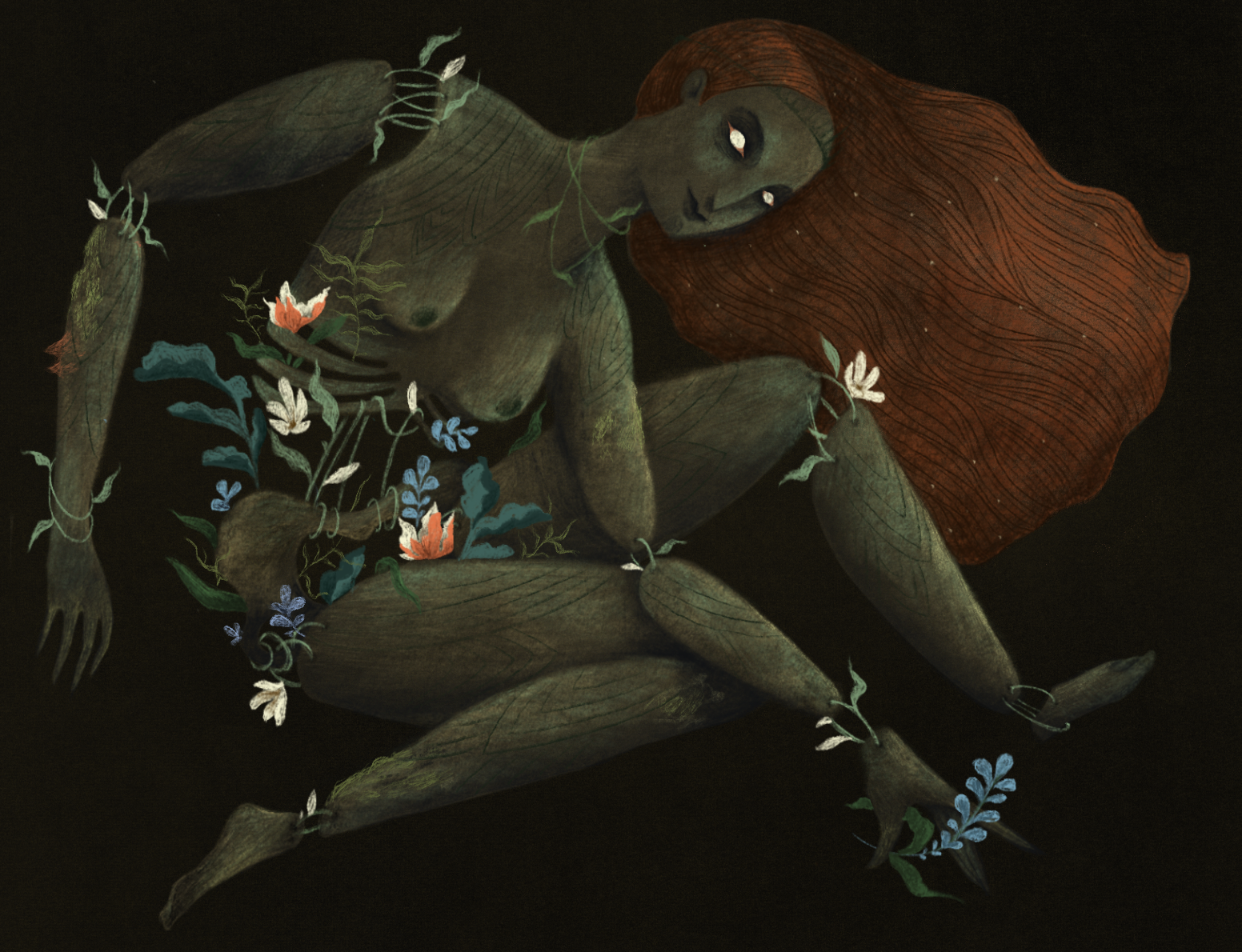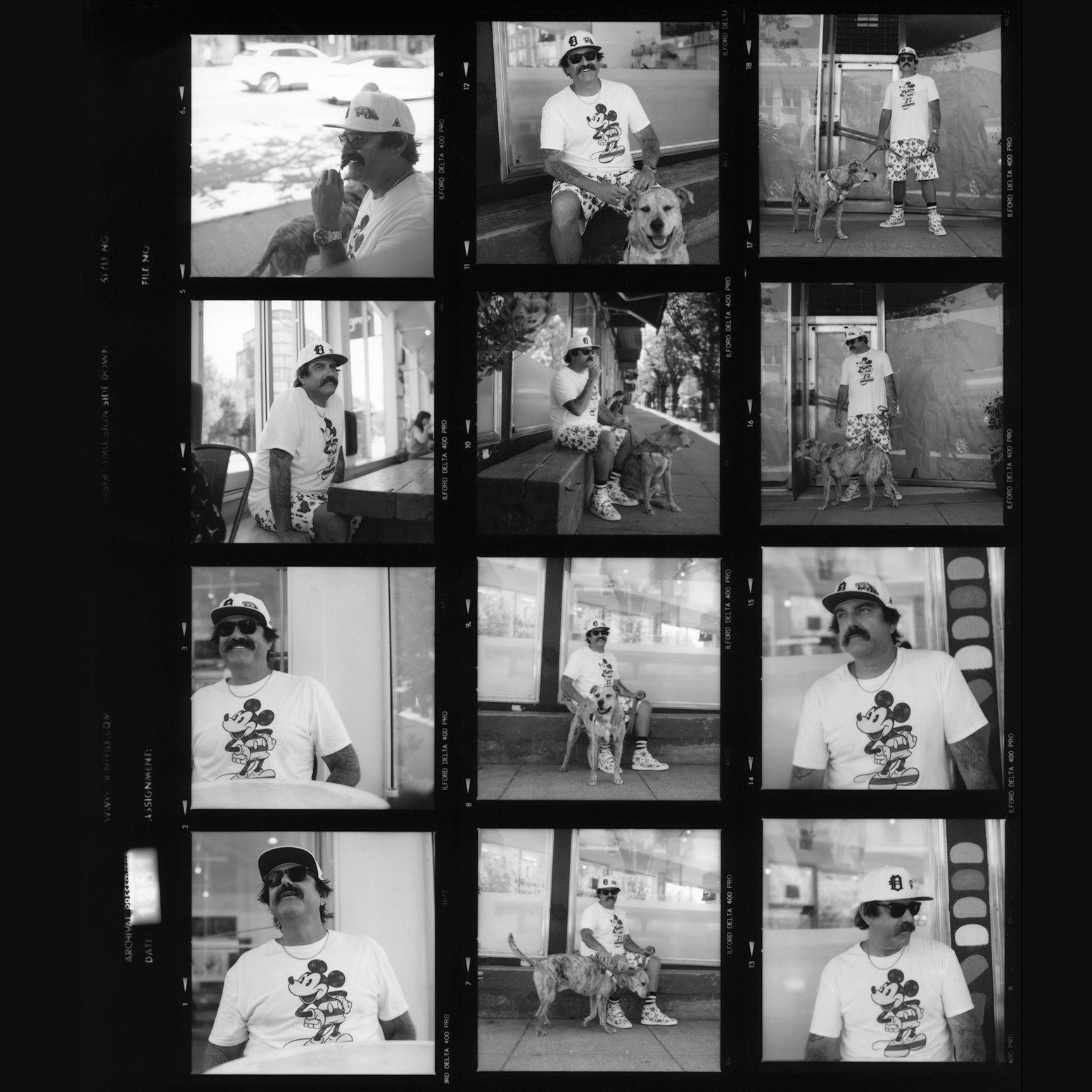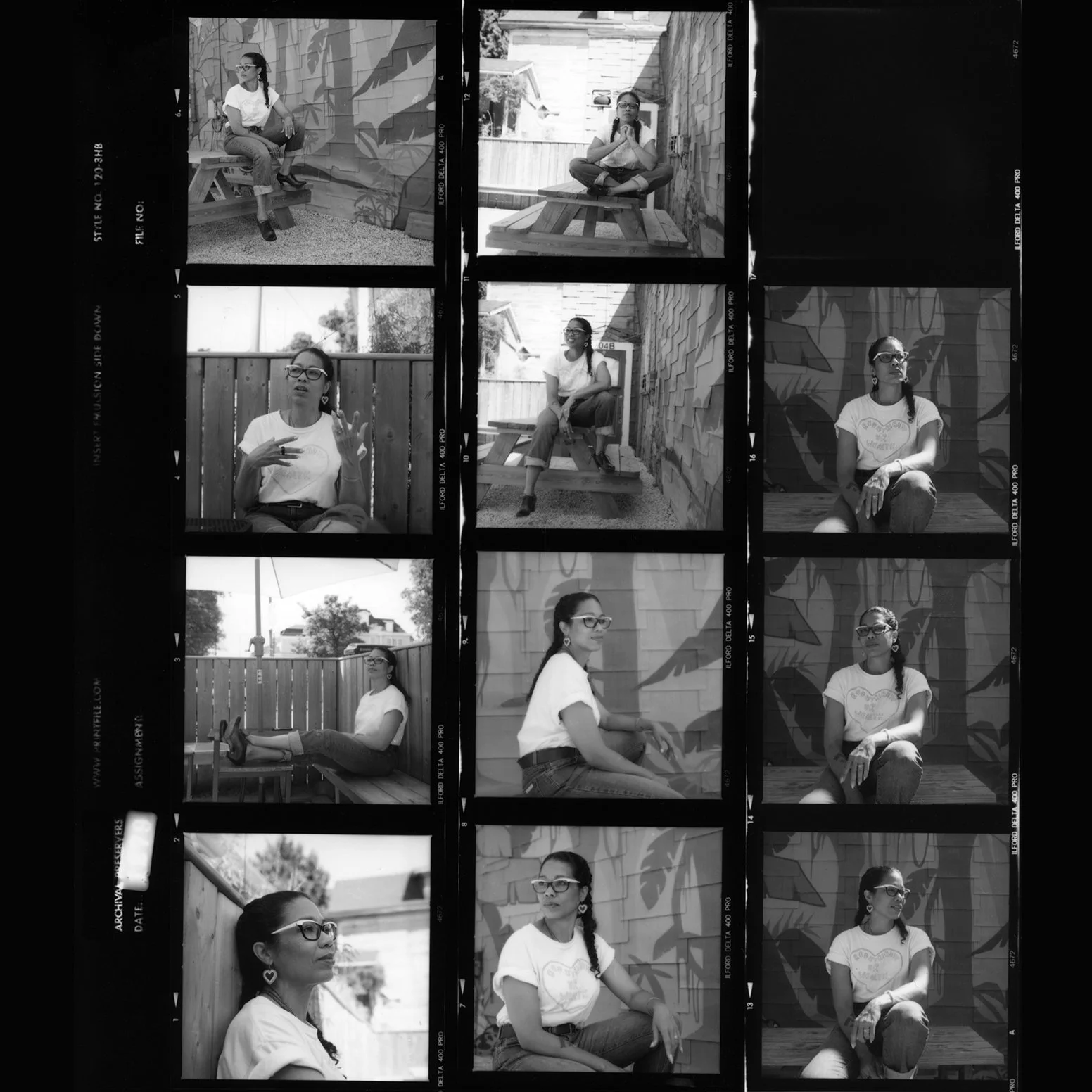Review: Dolores and City Voices at DOXA
/DOXA Documentary Film Festival runs from Thursday, May 4 to Sunday, May 14. We'll be giving you a preview taste of what this year's festival has to offer, highlighting a few of our top picks.
Film still from Peter Bratt's Dolores
It is said that well-behaved women seldom make history. Dolores Huerta, whose activism alongside Cesar Chavez in 1960s United States changed the labour movement, was definitely not well-behaved, but her role in the founding of the United Farm Workers Union and in the fight for workers’ rights has often been downplayed, or erased completely. Peter Bratt’s Dolores follows Huerta’s journey from her small town in California, through strikes, marches, lobbying, and her inclusion in the civil rights and feminist movements of the 1960s, up until her present day honours (including the Presidential Medal of Freedom). Her slogan, Sí, se puede, was even the inspiration for Obama’s now famous 2008 Presidential Election catchphrase, “Yes, we can.”
Dolores is a phenomenally thorough exploration of Huerta’s experience living on the intersections of sexism and racism, even within the activist circles she was a part of. Huerta fights twice as hard as one of the few (sometimes the only) women in the labour movement, while finding it difficult to reconcile her Catholic faith with the whiteness and pro-choice opinions of the second wave feminist movement that was occurring parallel to her work. Behind the icon—the voice for farm workers, the unstoppable, indestructible force to be reckoned with—there is simply Dolores, who faced so many of the double standards that women, especially women of colour, face to this day. She struggled with the opinions of other people, which were not based upon her work or even her character, but upon how many children she has had with how many partners, what kind of a wife, mother, partner, woman they saw her as. She faced the constant tug-o’-war between being present as a mother to her children, and fighting on the front lines to change the world, megaphone and picket sign in hand. But as it so often goes in the telling of history’s underdogs—the Mexican farm workers in California—women’s voices and women’s roles are written out.
The documentary shows a combination of archived photographs, video clips and interviews telling Huerta’s story. It also features the voices of her children, of those who worked side by side by her, of renowned activists like Angela Davis and Gloria Steinem, and of Dolores herself, who to this day continues to fight for the rights of marginalized folks, especially young women of colour. Those who worked by her side speak of how much she brought to the movement; how she molded and fronted the crucial effort. Those from the front lines of the feminist movement speak of how she brought a more nuanced perspective to the intersections between race, culture, and class within the second wave of feminism. Her children spoke of how much time she spent on her activism, on early feelings of resentment and abandonment. Years later, they would learn of the brilliance of their mother’s work, of her unfaltering influence and the scope of her passion. Dolores is the story of a powerful woman whose voice was co-opted and overshadowed by men her whole life—a woman who persevered through the racism and sexism she faced throughout her entire life, drawing upon her fiery intelligence, eloquence, and passion for justice.
Film still from Marina Dodis and Derrick Daniels' Through the Trenches, included in City Voices: Shorts Program
City Voices: Shorts Program is a series of six short films exploring Vancouver, spotlighting the diverse stories of the city. Vancouver is characteristically fragmented: there are distinct neighbourhoods that seem worlds away from others, there is intense poverty and drug addiction juxtaposed against the backdrop of skyscrapers full of million dollar condos, there are yogis and hippies and business-people. It is a complex and vibrant city, which makes it beautiful, confusing, and notoriously difficult to capture in its entirety. Although the series of shorts were similarly fragmented, they also formed a kind of mosaic—much like the spirit of Vancouver.
We begin on Commercial Drive with Sandra Ignagni’s You’re Already in the Band (You Just Don’t Know It Yet), which follows the quirky Carnival Band, a grassroots music group with an open door policy for all levels of skill and instrumentation. They describe themselves as music “for the people, by the people.” The camera follows the eclectic crew as they drum and dance across the city and form their own musical community.
The jubilant lightheartedness of the Drive is immediately followed by Wayne Wapeemukwa’s haunting confessional, Srorrim. It follows a number of individuals struggling with addiction, as they tell their stories in front of a mirror and are given the opportunity to create the versions of themselves that they wish to see: as parents, as partners, or as workers. It is a poignant story of intergenerational trauma, of hope, and of resiliency. Then, continuing through the Downtown Eastside, Marina Dodis and Derrick Daniels’ Through the Trenches follows poet Henry Doyle, who is one of the many artists and creative souls showcasing the beating heart of the DTES community, one of Vancouver’s most distinct neighbourhoods.
Jumping back to the theme of intergenerational identity, Nathalie Attallah’s Water on Sand follows a mother and son as they struggle with their identity as part of the Lebanese diaspora in Vancouver—torn between the Mediterranean and Vancouver’s characteristic lapping Pacific waves. It is an important story to include, since part of Vancouver’s incredible complexity comes from the diversity of diasporic experiences in the city. Then, in The Third Movement, Josephine Anderson takes us above the beaches and toward the West End, following Sara Davis Buechner who, once a concert pianist, now teaches piano and reminisces about the unexpected turns her life had taken.
Finally, we are taking on a bit of an absurd Skytrain journey through Vancouver in Mackenzie Reid Rostad’s This Place, Here which is more of an auditory scrapbook of skytrain sounds and announcements than anything else. It focuses quite heavily on the fact that our skytrain has no driver; it’s themes are reminiscent of the common complaint that Vancouver is a city notoriously difficult to find human connection in.
This series of shorts most poignantly captures Vancouver through strong auditory cues. The shorts have a strong auditory aspect that links them: the piano, the crashing waves, the carnival band, the sounds of the Skytrain, the many voices telling many stories. Though the shorts tell only part of the city’s vast and complex history, the stories they do tell are beautiful, poignant, and seamlessly connected to one another.
Dolores will be screening at the Annex on May 8. Tickets can be found here. City Voices: Shorts Program will be screening at Vancity Theatre on May 9, and at the Annex on May 10. Tickets for those screenings can be found here. We hope to see you there!



















